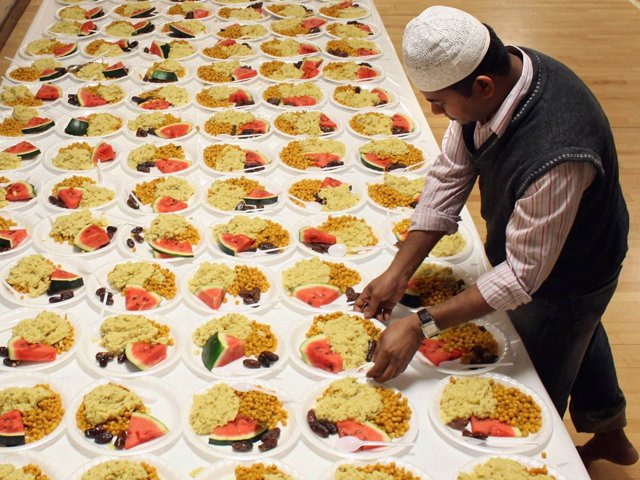In a significant The United Nations Educational, Scientific and Cultural Organization (UNESCO) has officially recognized iftar, the evening meal that marks the end of daily fasting during the Muslim holy month of Ramadan, as part of its intangible cultural heritage. The joint submission for this recognition came from Iran, Turkey, Azerbaijan, and Uzbekistan, highlighting the collaborative effort to preserve and celebrate this sociocultural tradition.

Source: Shia Waves
Iftar, also known as Eftari or Iftor, holds a special place in the hearts of Muslims worldwide. It is observed at sunset during the month of Ramadan, following the completion of all religious and ceremonial rites. This age-old community tradition has gained official recognition from the Intergovernmental Committee for the Safeguarding of Intangible Cultural Heritage, which convened in Botswana. The committee, in its deliberations since Monday, acknowledged the significance of iftar as a cultural practice that goes beyond religious observance.
The UN body highlighted the essence of iftar by pointing out its association with gatherings that play a vital role in reinforcing family and community bonds. The act of breaking fast after the sunset call to prayer is a shared experience that fosters a sense of togetherness and unity. Additionally, iftar is recognized for its role in promoting charity, solidarity, and social exchange, making it a cultural phenomenon that transcends religious boundaries.

Source: The Express Tribune
Furthermore, the diversity of iftar traditions is evident in the customs observed in different Muslim countries. While it is common in several nations to begin iftar with the consumption of a date accompanied by tea, the specific recipes for dishes and pastries vary widely from country to country. This diversity not only adds richness to the cultural heritage but also reflects the unique culinary traditions associated with iftar.
UNESCO underlined that the transmission of iftar practices predominantly occurs within families. The responsibility of preparing components of traditional meals often falls upon children and youth, emphasizing the intergenerational aspect of this cultural heritage. By recognizing iftar as part of the intangible cultural heritage, UNESCO aims to encourage the preservation of these practices and promote awareness of their cultural significance on a global scale.



















































































